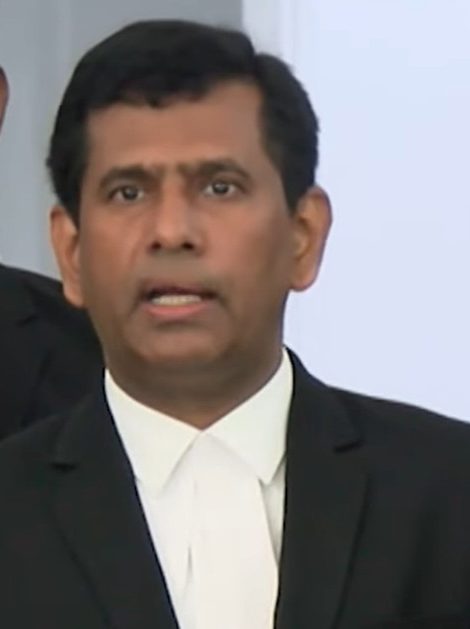The killings carried out to suppres the mass uprising last year constituted “mass murder” but does not fall under the legal definition of “genocide,” International Crimes Tribunal (ICT) Chief Prosecutor Mohammad Tajul Islam clarified on Monday.
In a statement released by his office, the ICT chief prosecutor explained that while the scale and brutality of the killings qualified as a massacre, they do not meet the criteria for genocide, which under international law, typically refers to acts intended to destroy, in whole or in part, a national, ethnic, racial, or religious group.
‘Mass murder means massacre or mass killing. Genocide, by definition, refers to ethnic cleansing. In July, mass murder occurred in Bangladesh — it was not genocide,’ the statement read, urging the public and media not to conflate the terms.
The clarification follows confusion surrounding Tajul’s comments on Monday, after the tribunal submitted a report accusing ousted prime minister Sheikh Hasina and two others of committing crimes against humanity in connection with the killing of over 1,000 people during the crackdown on anti-government protests.
Speaking to reporters, the chief prosecutor said the alleged crimes fall under the category of crimes against humanity, as outlined in international legal frameworks, not genocide.
However, due to the overlapping Bengali translation of both ‘Mass Murder’ and ‘Genocide’ as ‘Ganahatya’, some media outlets inaccurately reported that Tajul had denied any mass killings had occurred.
The misreporting sparked backlash, with many accusing the tribunal of downplaying the atrocities.
In response, the ICT Chief Prosecutor’s Office issued an official statement on Tuesday, protesting what it described as a distortion of Tajul’s remarks.
The statement noted that the chief prosecutor had clearly stated mass, systematic killings took place in July — acts that, while not legally classified as genocide, are recognised under international law as crimes against humanity.
“Mass murder occurred in a widespread and systematic manner, which is commonly referred to in Bengali as ‘Ganahatya’. However, international law distinguishes genocide as a specific form of ethnic or group-targeted extermination,” the statement read.
The office also urged journalists and media outlets to accurately reflect legal definitions and avoid misleading interpretations when reporting on sensitive legal matters.
The ICT investigation, which remains ongoing, marks the first formal effort to hold political leaders accountable for the events of July and August 2024, during which over a thousand people were killed in a nationwide crackdown by the past Awami League regime.
The interim government has since pledged to pursue justice through a combination of domestic tribunals and international legal cooperation.


